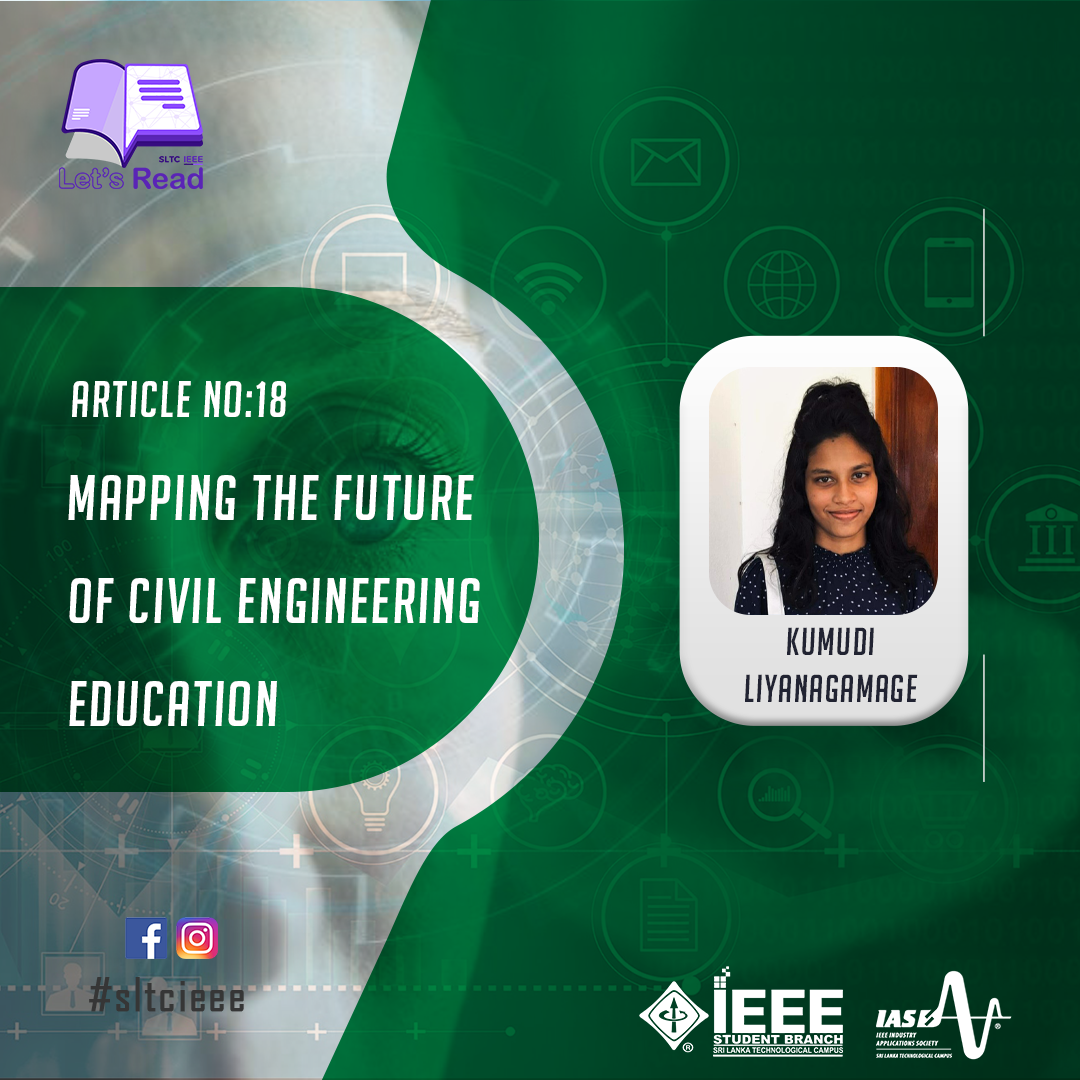Over 200 civil engineering educators, practitioners and guests convened at the ASCE Civil Engineering Education Summit in Dallas, Texas, in May 2019 to consider the future of civil engineering education.
A year later, American Society of Civil Engineers (ASCE) has released a map. The group discussions and workshops produced four major objectives for engineering education systems.
Elevate professional skills to an equal footing with technical skills
- ※Communication
- ※Teamwork and Leadership
- ※Lifelong learning
- ※Professional attitudes
- ※Ethical responsibilities
Develop a diverse, inclusive, equitable, and engaging culture within the civil engineering profession
- ※Advanced inclusion within the profession
- ※Model diversity and equity throughout education
- ※Engage students at all levels
Develop a diverse, inclusive, equitable and engaging culture within the civil engineering profession
- ※Advance inclusion within the profession
- ※Model diversity and equity throughout education
- ※Engage students at all levels
Reexamine and potentially redefine the domain of civil engineering
- ※Consider the evolving role of the civil engineer as 21st century innovator and leader.
- ※Integrate designs of infrastructure, environmental, political and social systems.
- ※Cultivate a culture of innovation
- ※Embrace the rapid pace of technological advancement.
Foster an ongoing commitment to transformative education.
※Integrate deep collaboration between academic and practice.
- ※Implement a regular schedule of civil engineering education events.
- ※Dedicate resources to address needs.
While the knowledge, skills and attitudes needed to practice civil engineering have increased steadily, the educational standards for our profession have remained virtually the same for decades. The current engineering education will not be sufficient to prepare civil engineers to address the civil engineering challenges of the future.

ASCE’s Engineer Tomorrow initiative is focused on ensuring that today’s civil engineers gain the necessary knowledge, skills, and experience to sustain the profession in the future.
“We need to, as educators, incorporate this into the curriculum but also articulate why the students need this knowledge, why these changes are happening and why they should continue to happen into the future.”
The question of what should be included in the curriculum is discussed. The undergraduate program must emphasize cultural, economic, and political breadth, together with good scientific and engineering grounding. The role and rewards of the teacher in the new order must be raised to a level comparable to that commonly reserved only for outstanding researchers in present schools. The responsibility of industry and professional offices to civil engineering research is pointed out. Current education systems must adapt to effectively prepare the next generation of engineers.
For centuries, civil engineers have dedicated themselves to serving the public. But as the world and society’s needs evolve, so does civil engineering. Ensuring the viability of the profession and the built environment begins with how 21
st century civil engineers are educated.
Kumudi Liyanagamage




